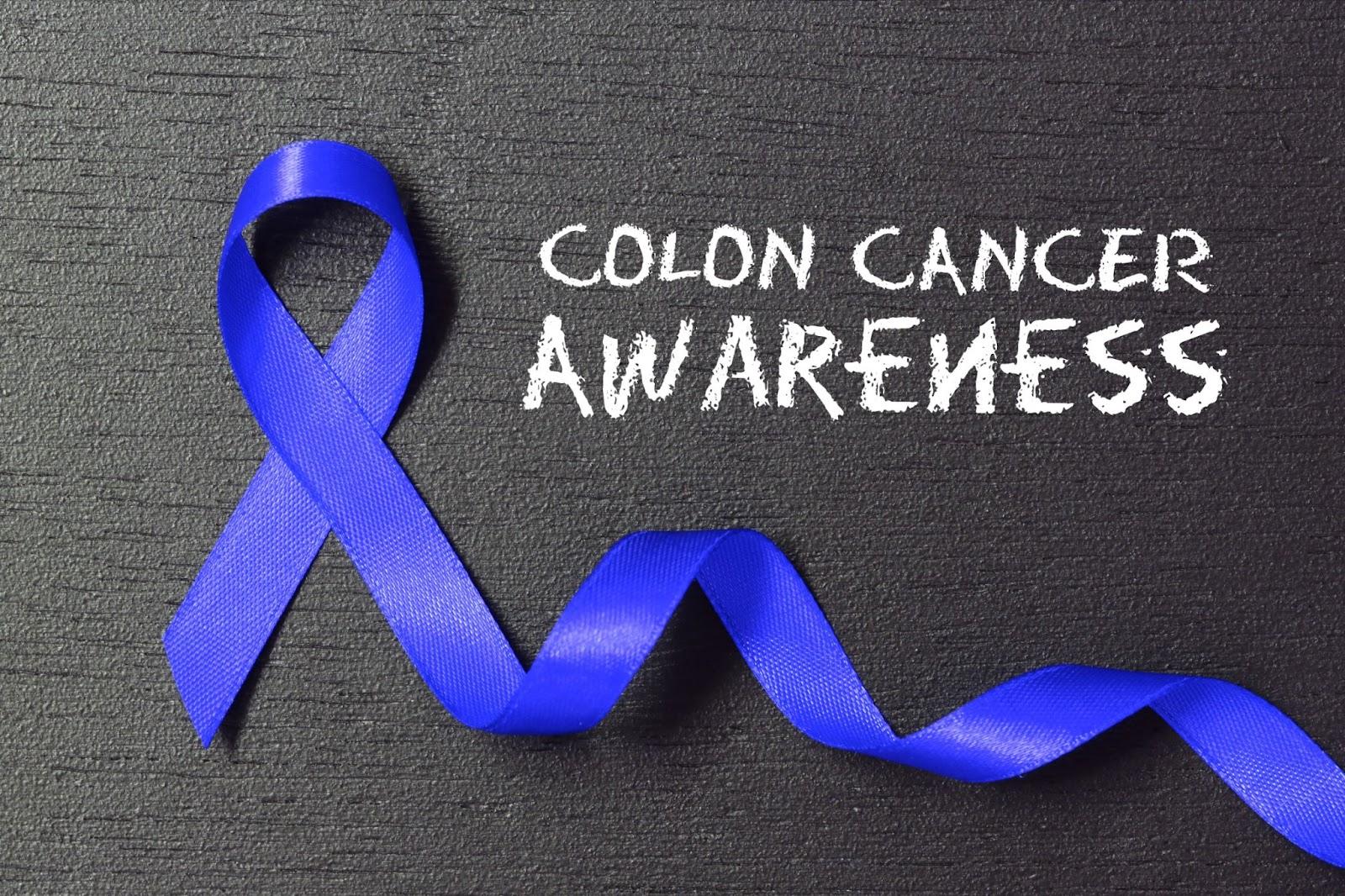
What is Colorectal Cancer?
According to the Centers for Disease Control and Prevention, colorectal cancer is the fourth most common cancer among men and women in the United States and the fourth cancer-related cause of death. According to the American Cancer Society, the number of colon and rectal cancer diagnoses has decreased in older adults since the 1980s. It’s vital to continue learning about the disease and taking the necessary precautions to reduce your risk of continuing this downward slope of colorectal diagnoses.
What is colorectal cancer?
Colorectal cancer is cancer that starts in the colon or rectum. The colon and rectum comprise the large intestine, the final part of the digestive tract. Depending on its origin, doctors may refer to it as colon or rectum cancer. Like many cancers, many people don’t experience any signs of cancer in the early stages. As the disease progresses, signs and symptoms of colorectal cancer may include a change in bowel habits, bloody stool, abdominal pain, fatigue, unexplained weight loss, or feeling like your bowels are not empty.
Colorectal is most common in older adults, though it can develop at any age. Additional risk factors include having a family history of colorectal cancer or polyps, eating a low-fiber, high-fat diet, diabetes, and obesity.
Can I prevent colorectal cancer?
The exact cause of colorectal cancer is still unknown, but there are steps you can take to reduce your risk of developing it.
- Get a colorectal cancer screening. The best way to catch colorectal cancer early is to get regular screenings. There are different screening options; some people may need them more frequently, so it’s always best to discuss your screening options with your doctor.
- Ensure you get enough vitamins, minerals, fibers, and antioxidants. You want to ensure your diet is filled with fruits, vegetables, and whole grains because the body needs proper nutrients to stay healthy.
- Understand your risk. Family history and overall health are significant indicators of your risk for colorectal cancer and other health concerns. Talk to your loved ones about conditions in your family, and discuss how your health may impact your future cancer risk.
- Stay active. Maintaining a healthy weight and keeping your body active is essential to lowering your risk of colorectal cancer. Try incorporating 20 to 30 minutes of physical activity into your daily routine. You can go for a brisk walk, ride a bike, or go for a swim.
How can Visiting Angels help?
If you or an aging loved one has colorectal cancer and needs assistance caring for themselves at home, the team at Visiting Angels can help. Our team of professional caregivers provides nonmedical care services to help seniors with daily living activities such as laundry, meal preparations, personal grooming, and more.
Our Mentor office serves those in Lake, Geauga, and Northeast Cuyahoga counties in Ohio. If you want to learn more about our services or schedule a complimentary consultation, message us or call 440-974-0869.
